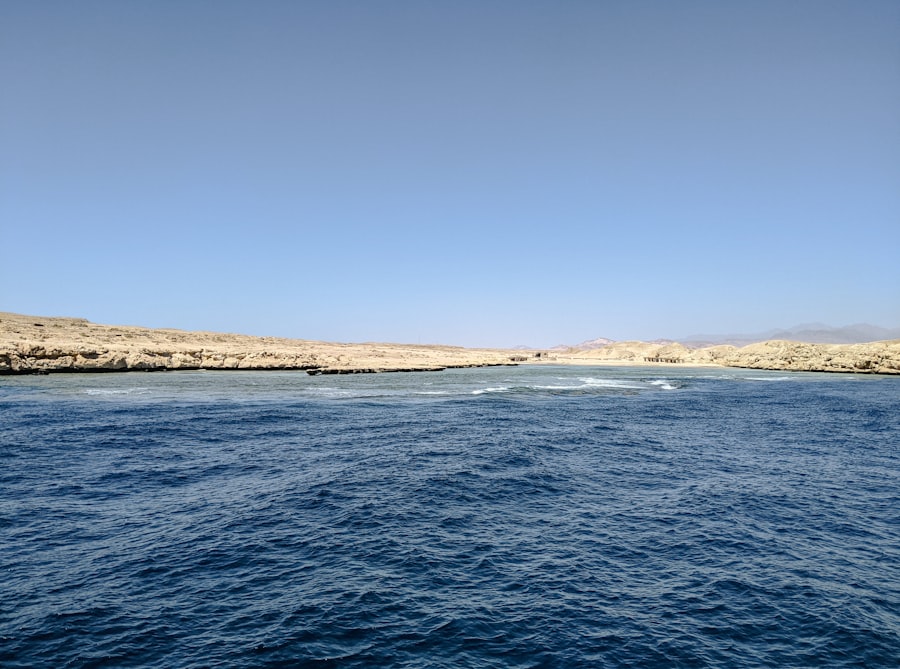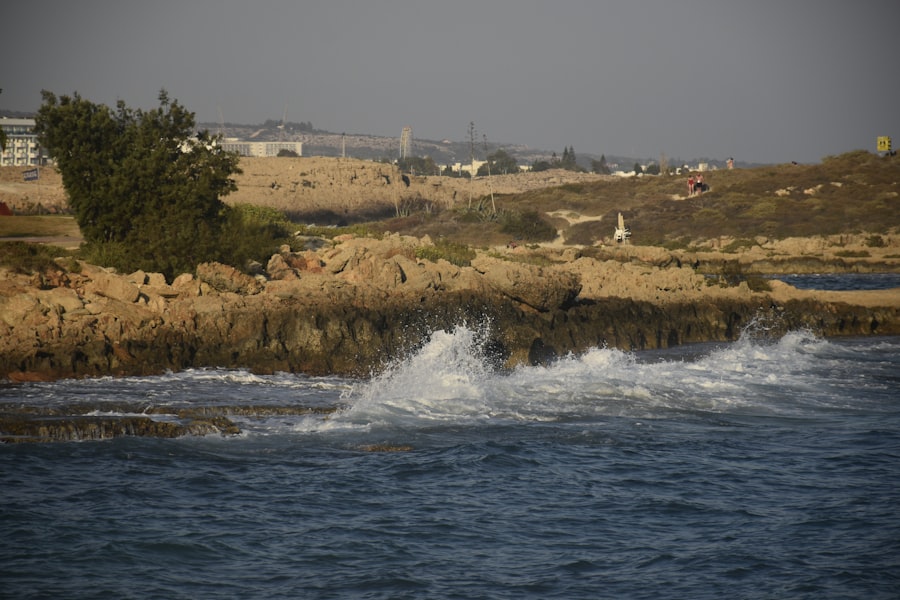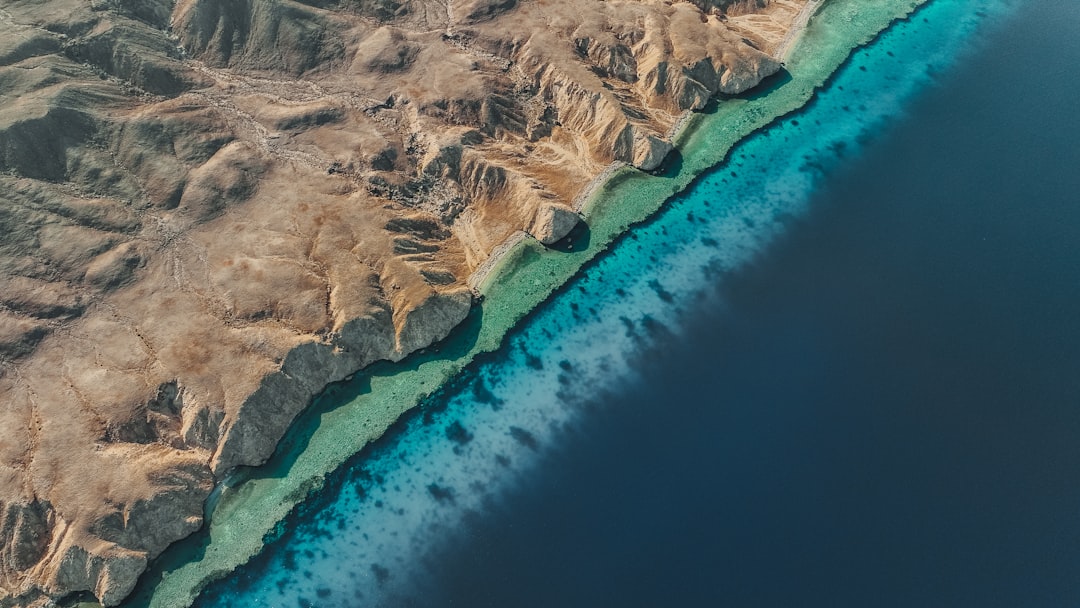The Houthi rebels, officially known as Ansar Allah, emerged in the early 1990s in northern Yemen, primarily representing the Zaidi Shia Muslim community. Their origins can be traced back to a movement aimed at promoting Zaidi cultural and religious identity, which had been marginalized in the predominantly Sunni nation. Over the years, the group evolved from a local religious movement into a formidable political and military force, particularly after the onset of the Yemeni Civil War in 2014.
The Houthis capitalized on widespread discontent with the Yemeni government, which was perceived as corrupt and ineffective, and they quickly gained control of the capital, Sana’a. The Houthis have positioned themselves as defenders of Yemen’s sovereignty against foreign intervention, particularly from Saudi Arabia and its allies. Their ideology is rooted in anti-imperialism and resistance to perceived Western influence in the region.
The group has garnered significant support from various segments of Yemeni society, particularly among those disillusioned with the central government. However, their rise has also been met with fierce opposition from a coalition led by Saudi Arabia, which views the Houthis as an Iranian proxy threatening regional stability.
Key Takeaways
- The Houthi rebels are a Yemeni rebel group that has been involved in a prolonged conflict with the Yemeni government and Saudi-led coalition forces.
- Recent attacks on Red Sea shipping, including a missile strike on a Saudi oil tanker, have raised concerns about the security of one of the world’s most important maritime trade routes.
- The attacks have the potential to disrupt global trade and increase shipping costs, particularly for oil and other commodities passing through the Red Sea.
- The international community has condemned the attacks and called for a peaceful resolution to the conflict, with the United Nations urging all parties to engage in dialogue.
- Previous attacks by Houthi rebels have targeted Saudi Arabia and the United Arab Emirates, including missile strikes on airports and oil facilities.
The recent attacks on Red Sea shipping
In recent months, the Houthi rebels have intensified their military operations, particularly targeting shipping routes in the Red Sea. These attacks have raised alarms among international shipping companies and governments alike, as they threaten one of the world’s busiest maritime corridors. The Houthis have employed a range of tactics, including drone strikes and missile launches, to disrupt maritime traffic, claiming that these actions are a response to ongoing blockades and military interventions by Saudi Arabia and its allies.
The implications of these attacks extend beyond immediate security concerns; they signal a potential shift in the balance of power in the region. The Houthis have demonstrated an ability to strike targets far from their traditional base in Yemen, showcasing their growing military capabilities. This escalation has prompted fears of a broader conflict that could engulf neighboring countries and further destabilize an already volatile region.
Impact on global trade

The recent Houthi attacks on Red Sea shipping have significant ramifications for global trade. The Red Sea is a critical artery for international commerce, with millions of barrels of oil and countless goods passing through its waters daily. Disruptions caused by Houthi actions could lead to increased shipping costs, delays in delivery times, and heightened insurance premiums for vessels operating in the area.
Such disruptions could ripple through global supply chains, affecting economies far beyond the immediate region. Moreover, the potential for a sustained campaign against shipping could lead to a re-evaluation of maritime routes by shipping companies. If the Red Sea becomes increasingly perilous, companies may seek alternative routes, which could be longer and more expensive.
This shift could have cascading effects on global markets, particularly for oil prices, as any significant disruption in supply can lead to volatility in energy markets worldwide.
Response from the international community
| Country | Amount of Aid | Number of Refugees Accepted |
|---|---|---|
| United States | 10 billion | 100,000 |
| United Kingdom | 5 billion | 50,000 |
| Germany | 8 billion | 80,000 |
The international community has reacted with concern to the Houthi attacks on Red Sea shipping. Various nations have condemned the assaults, emphasizing the need for freedom of navigation in international waters. The United States has been particularly vocal, reiterating its commitment to ensuring maritime security and calling for a coordinated response to deter further Houthi aggression.
In response to the escalating threat, some countries have increased their naval presence in the Red Sea to safeguard shipping lanes. Joint military exercises and patrols have been conducted to demonstrate a united front against Houthi provocations.
However, while these measures aim to enhance security, they also risk escalating tensions further and could lead to confrontations between Houthi forces and international naval assets.
Previous attacks by Houthi rebels
The Houthi rebels have a history of conducting attacks on maritime targets, with previous incidents highlighting their evolving tactics and capabilities. In 2019, they claimed responsibility for drone strikes on Saudi oil facilities that significantly disrupted global oil supplies. These actions underscored their ability to strike high-value targets and raised concerns about their potential impact on international energy markets.
In addition to targeting oil infrastructure, the Houthis have also engaged in direct assaults on commercial vessels in the Red Sea. These incidents have included missile strikes and boarding attempts on ships perceived as supporting Saudi-led operations against them. Such actions not only threaten maritime security but also reflect the Houthis’ willingness to escalate their military campaign beyond Yemen’s borders.
The role of Iran in supporting the Houthi rebels

Iran’s involvement with the Houthi rebels has been a focal point of regional tensions. Tehran has provided various forms of support to the Houthis, including military training, weapons supplies, and logistical assistance. This relationship is often framed within the broader context of Iran’s strategy to expand its influence across the Middle East through proxy groups.
The Houthis’ alignment with Iran has raised alarms among Gulf states, particularly Saudi Arabia, which views this partnership as a direct threat to its national security. The extent of Iran’s support for the Houthis remains a subject of debate among analysts. While some argue that Iran’s backing has been crucial in enhancing the Houthis’ military capabilities, others contend that the group operates with a significant degree of autonomy.
Regardless of the level of Iranian influence, it is clear that this relationship complicates efforts to achieve peace in Yemen and contributes to ongoing regional instability.
Security measures for Red Sea shipping
In light of the recent Houthi attacks, shipping companies and governments are reevaluating their security measures for vessels operating in the Red Sea. Enhanced surveillance systems, increased naval escorts, and improved communication protocols are being implemented to mitigate risks associated with potential attacks. Shipping companies are also investing in advanced technologies designed to detect threats early and respond effectively.
Moreover, international organizations are working to establish guidelines for safe passage through high-risk areas. These measures aim not only to protect commercial interests but also to ensure that maritime routes remain open for humanitarian aid and essential goods. However, implementing these security measures poses challenges, as they require cooperation among various nations and stakeholders operating in a complex geopolitical landscape.
The humanitarian crisis in Yemen
The ongoing conflict involving the Houthi rebels has exacerbated an already dire humanitarian crisis in Yemen. Years of war have led to widespread famine, disease outbreaks, and a collapse of essential services. Millions of Yemenis are facing acute food insecurity, with many relying on humanitarian aid for survival.
The blockade imposed by Saudi-led forces has further complicated efforts to deliver much-needed assistance to those affected by the conflict. The humanitarian situation is compounded by ongoing violence and instability. Attacks on aid workers and infrastructure have hindered relief efforts, leaving vulnerable populations without access to basic necessities such as food, clean water, and medical care.
As international attention focuses on recent Houthi attacks on shipping routes, it is crucial not to lose sight of the urgent need for humanitarian assistance within Yemen itself.
The potential for escalation of conflict
The recent escalation of hostilities between the Houthis and international shipping entities raises concerns about a broader conflict engulfing the region. As tensions mount, there is a risk that miscalculations or unintended confrontations could lead to direct military engagements between Houthi forces and foreign naval assets. Such scenarios could spiral out of control, drawing in additional regional players and further destabilizing an already fragile situation.
Moreover, if the Houthis continue their aggressive tactics without facing significant deterrence, it may embolden them to pursue more ambitious military objectives beyond their current scope. This potential escalation could lead to increased violence within Yemen itself as well as across neighboring countries, making diplomatic solutions even more elusive.
Efforts to find a peaceful resolution
Despite the challenges posed by ongoing hostilities, there are ongoing efforts aimed at finding a peaceful resolution to the conflict in Yemen.
The United Nations has played a central role in facilitating dialogue between conflicting factions while advocating for ceasefires and humanitarian access.
However, achieving lasting peace remains an uphill battle due to deep-seated grievances and mistrust among parties involved in the conflict. The Houthis’ demands for recognition and autonomy must be balanced against concerns from other factions regarding their influence and intentions. Continued engagement from regional powers is essential to foster an environment conducive to negotiations that can ultimately lead to a sustainable resolution.
The economic implications of the attacks
The economic implications of Houthi attacks on Red Sea shipping extend beyond immediate disruptions; they pose long-term challenges for regional economies reliant on maritime trade. Increased shipping costs resulting from heightened security risks can lead to inflationary pressures on goods imported through these routes. Countries dependent on oil exports may also experience fluctuations in revenue due to potential disruptions affecting global oil prices.
Furthermore, sustained instability in maritime corridors can deter foreign investment in affected regions. Investors typically seek stable environments for their capital; thus, ongoing threats may lead businesses to reconsider their operations or withdraw entirely from markets perceived as high-risk. This withdrawal can stifle economic growth and development efforts within countries already grappling with conflict-related challenges.
In conclusion, the situation surrounding the Houthi rebels and their recent attacks on Red Sea shipping underscores a complex interplay of regional dynamics that affects not only Yemen but also global trade and security. As stakeholders navigate this intricate landscape, finding pathways toward peace while addressing humanitarian needs remains paramount for achieving stability in Yemen and beyond.
In recent developments concerning the security of the Red Sea, the Houthi attacks have raised significant concerns among international maritime authorities. These incidents have not only threatened the safety of commercial shipping routes but have also heightened geopolitical tensions in the region. For a broader understanding of the geopolitical dynamics and the strategic importance of the Red Sea, you can explore a related article on MyGeoQuest, which provides in-depth analysis and insights into the ongoing conflicts and their implications for global trade and security.
WATCH NOW! Unlocking Disaster: 7 Choke Points That Could Fracture Our Connected World Overnight
FAQs
What are Houthi attacks in the Red Sea?
Houthi attacks in the Red Sea refer to the military actions carried out by the Houthi rebel group in Yemen against ships, oil tankers, and other vessels in the Red Sea.
When did the Houthi attacks in the Red Sea start?
The Houthi attacks in the Red Sea have been ongoing since the Houthi insurgency began in Yemen in 2014. The attacks intensified in 2018 and have continued to present day.
What is the impact of Houthi attacks in the Red Sea?
The Houthi attacks in the Red Sea have disrupted international shipping and trade routes, particularly for oil and other commodities. They have also raised concerns about maritime security and the safety of vessels passing through the Red Sea.
How has the international community responded to Houthi attacks in the Red Sea?
The international community, including the United Nations and various countries, has condemned the Houthi attacks in the Red Sea and called for an end to the violence. Efforts have been made to secure the Red Sea and protect shipping lanes from further attacks.
What measures have been taken to address the Houthi attacks in the Red Sea?
Several measures have been taken to address the Houthi attacks in the Red Sea, including increased naval patrols, the deployment of international naval forces, and diplomatic efforts to find a peaceful resolution to the conflict in Yemen.
